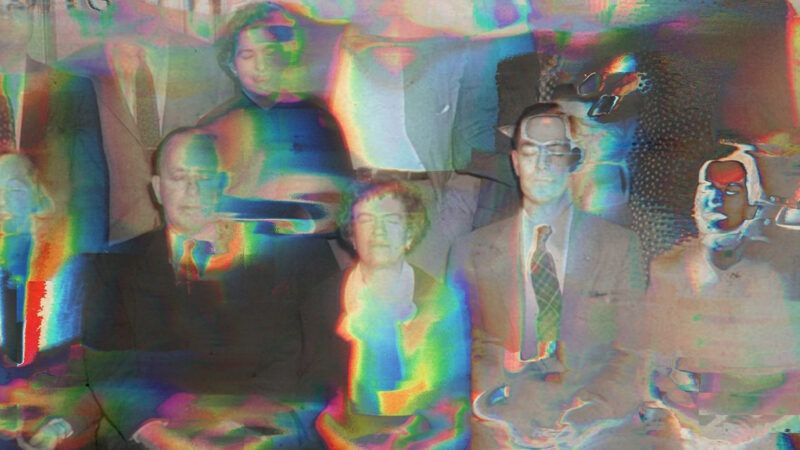Review: Tripping on Utopia Complicates the History of Psychedelics
Mind-altering drugs have long been seen as tools for both liberation and control.

In one common account of modern psychedelic culture's origins, LSD was initially monopolized by the national security state, which saw such drugs as tools for "control of human behavior." The results included MKULTRA, an infamous CIA program that experimented on people without their consent. But in the 1960s, the story goes, the establishment lost control of these tools. Suddenly, utopian individualists like Timothy Leary were urging people to use drugs to seize control of their own consciousness—and the deep state was less interested in deploying LSD than in cracking down on its unauthorized use.
Benjamin Breen's Tripping on Utopia complicates this tale. The book focuses on the anthropologists Margaret Mead and Gregory Bateson, who in the 1930s developed their own utopian visions of fluid identities and resistance to psychological manipulation; while psychedelia was not at the center of their work, it was in their constellation of sources. They also developed strong ties to the national security state during World War II, and in the early Cold War their social circles included people directly tied to MKULTRA. Bateson backed away in horror, but Mead maintained her CIA connections for years.
Some of the book's conclusions have been disputed, with Bateson's daughter Nora arguing that Breen misconstrued archival documents and otherwise botched his facts. But no matter how that debate plays out, Tripping on Utopia makes it clear that these two conceptions of psychedelic drugs—as tools of liberation and as tools of control—were uncomfortably entwined well before the 1960s. The '60s crowd does not always come off well here either, but I'll say one thing for Leary: For all his overstatements and opportunistic personal behavior, which Breen recounts unsparingly, he believed it was just as wrong to coercively "alter the consciousness of thy fellow man" as it was to "prevent thy fellow man from altering his own consciousness."
This article originally appeared in print under the headline "Tripping on Utopia."


Show Comments (2)